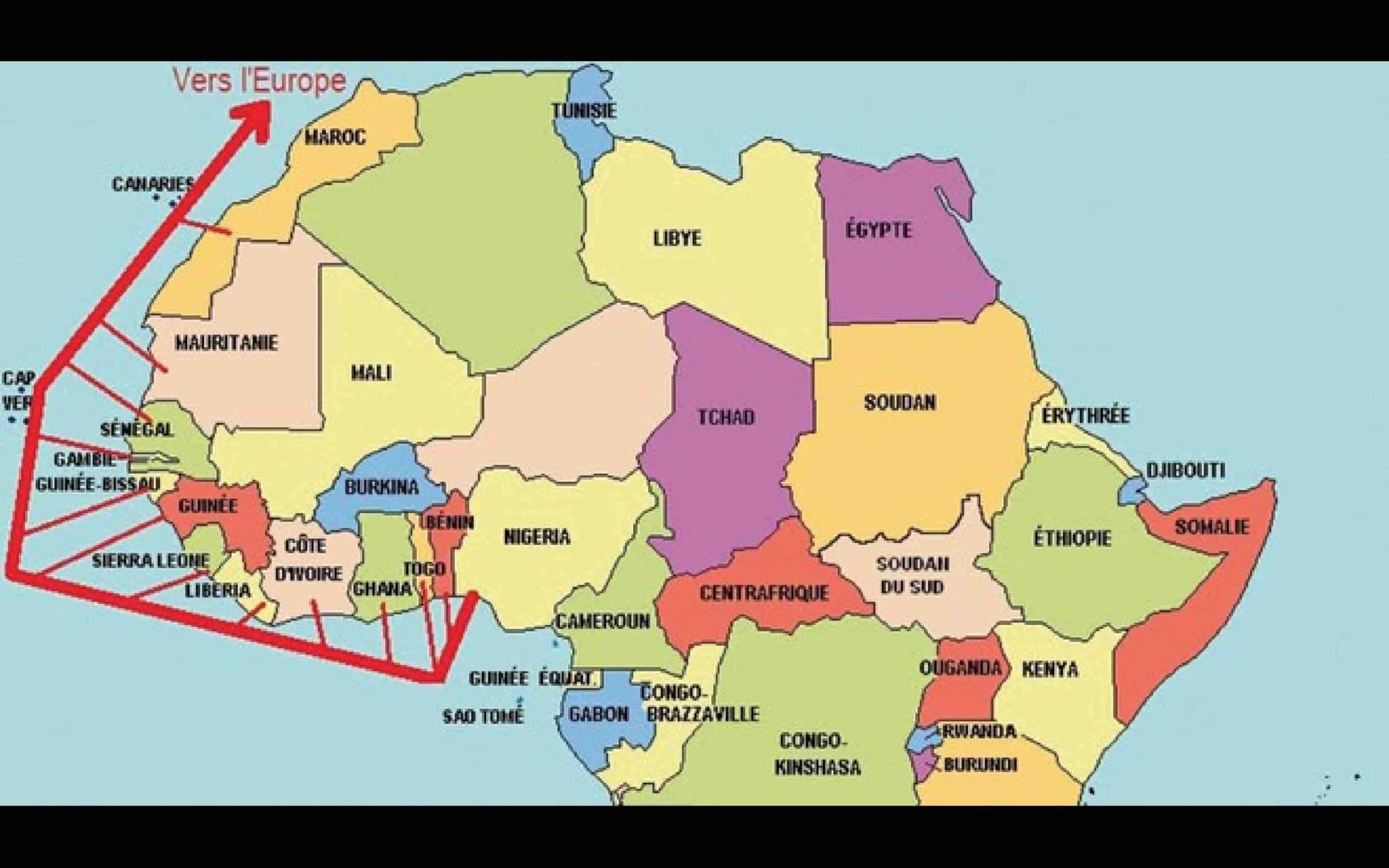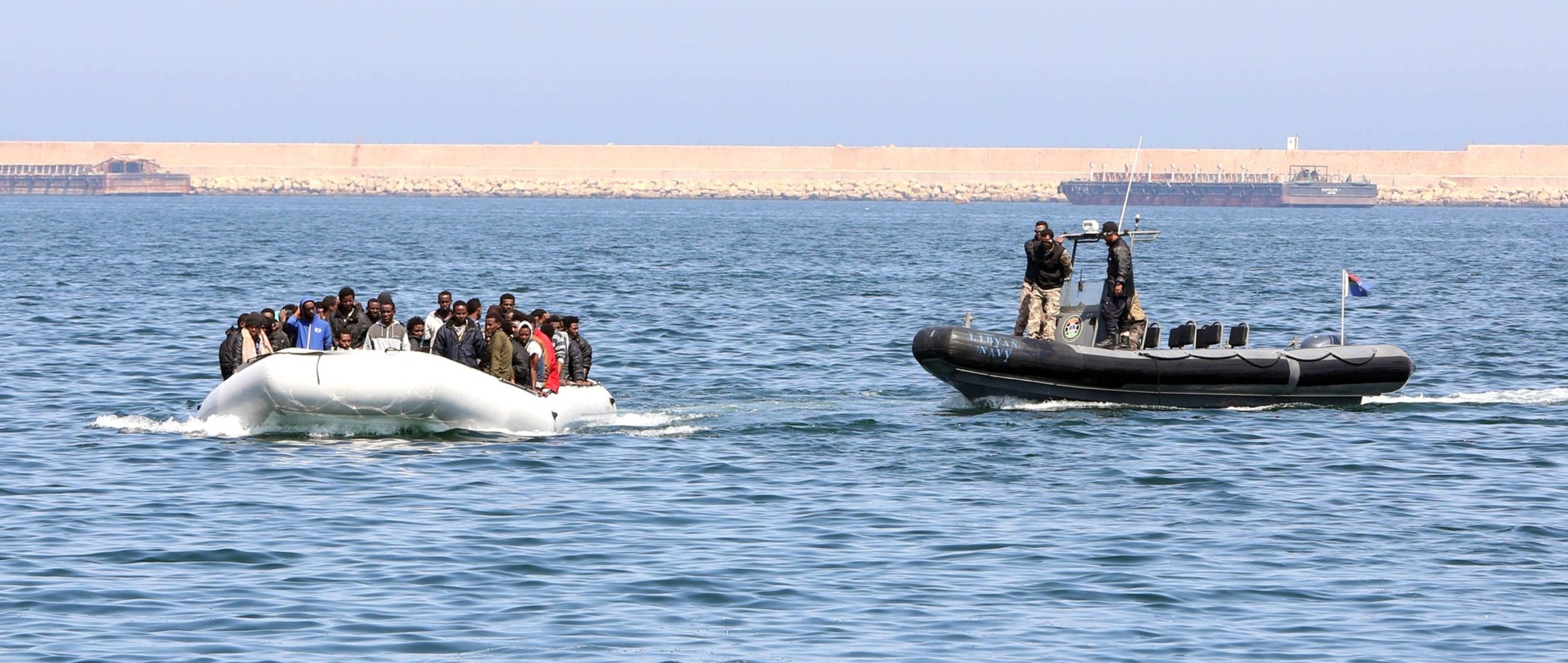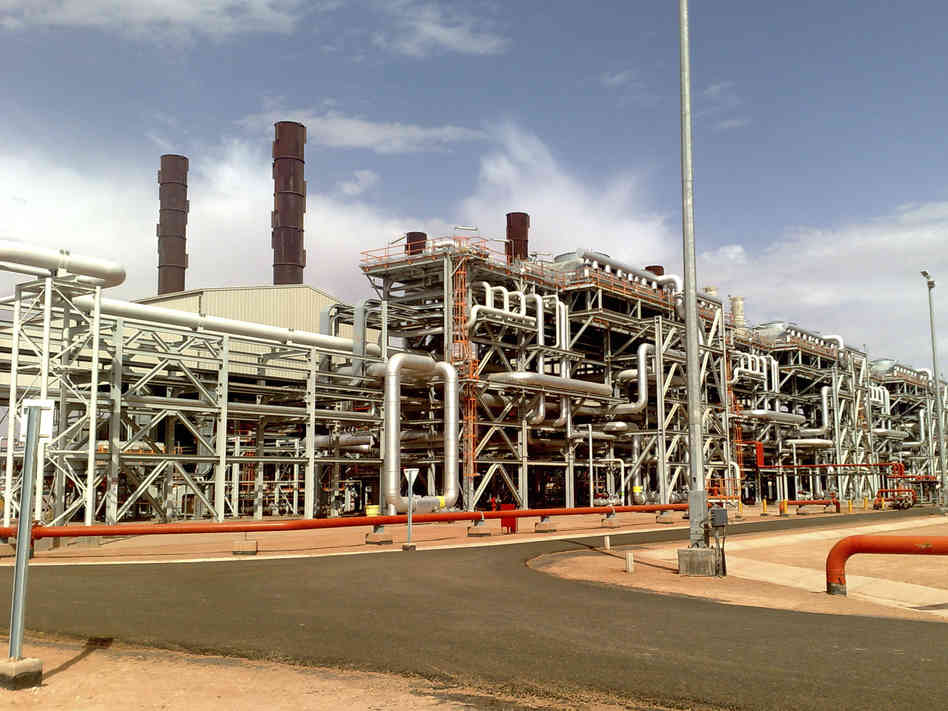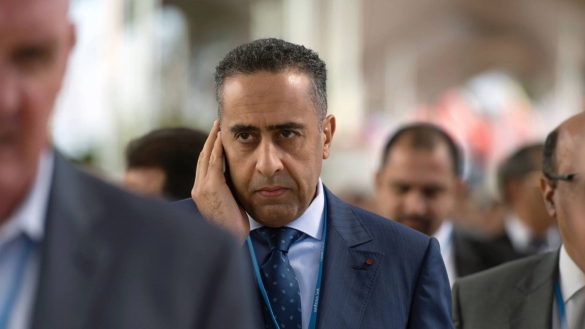The contribution of African gas, through the Nigeria-Morocco pipeline project, would strengthen Europe’s energy independence, a necessary precondition for its strategic autonomy, says Senior Fellow at the Policy Center for the New South (PCNS), Jamal Machrouh.
In a policy brief, the academic puts forward six arguments to support the existence and relevance of such an interest, noting, first, that the project would effectively contribute to the diversification of gas resources of European countries and give them more room to maneuver.
“The visualization of the map of gas pipelines in Europe shows an excessive concentration of supply sources. […] In total, no less than 50% of the gas consumed in the countries of the European Union (EU) come from a single source of supply. This would naturally constitute a dangerous geopolitical weapon that could be used against Europe,” said the specialist in geopolitics and international relations.
He has, in this sense, emphasized the importance for Europe to work for a greater diversification of its gas supplies, noting that African gas resources are important and the potential of on-shore and offshore reserves is promising.
In addition, the assistant professor at the College of Governance, Economic and Social Sciences of the University Mohammed VI Polytechnic, and professor of international relations at the National School of Business and Management of Kenitra, stresses that the establishment of the pipeline would participate in the construction of a new generation of measures that would help curb the asymmetrical threats suffered by Europe.
Similarly, the project, adds the expert, will reduce the risk of replacing European dependence on Russian gas by a dependence on unconventional energy sources with dangerous climatic consequences and would also prevent the emergence of a strong European gas dependence on Algeria.
“The reorganization of the European energy market should be done on a solid and sustainable basis. Such a reorganization should not reproduce the same patterns of the past that have revealed their failure,” said in this sense, Machrouh, adding that the risk of a use of the gas weapon by the Algerian regime should not be ruled out.
He has, in this sense, recalled two decisions taken by Algeria that demonstrate the use by Algiers of gas as a geopolitical weapon, namely the closure of the Maghreb / Europe pipeline in late 2021 and the reduction of gas delivered to Spain in 2022. He also emphasized the insecurity factor that marks the area of passage of the pipeline proposed by Algeria.
As for the last two strategic gains for Europe, Machrouh believes that the Nigeria-Morocco gas pipeline project would give Europe the opportunity to rebalance its strategic movement from an unproductive horizontal scheme to borrow a vertical scheme true multiplier of its power and would boost a positive dynamic to the process of economic integration in the region of West Africa, which would constitute, in turn, a large consumer market useful for European economies.
The pipeline project, launched in 2016 in Abuja, Nigeria, by King Mohammed VI and Nigerian President Muhammadu Buhari, has entered an advanced phase, with the signing, on September 15, of a Memorandum of Understanding between the Economic Community of West African States (ECOWAS), Nigeria and Morocco.
The project aims to bring gas resources from Nigeria to Morocco through eleven West African countries, and the connection with the Maghreb Europe Pipeline that crosses the Mediterranean with, ultimately, the interconnection with the European energy network. The project will deliver a reliable and stable source of gas that would boost the continent’s prospects to host business activities and contribute to socio-economic development.
Earlier this year, the project received significant funding from the Organization of Petroleum Exporting Countries (OPEC). The investment is meant to fund the project’s initial feasibility study also known as Front-End Engineering Design (FEED).
The PCNS is a Moroccan think tank whose mission is to contribute to the improvement of public policies, both economic and social and international, that concern Morocco and Africa, and integral parts of the global South.



